Faces of TAPS: Surviving Father Matt Daud’s Story
Authors: TAPS , Matt Daud
Faces of TAPS is a new series where, in their own words, survivors both celebrate the lives of their military loved ones and reflect on their personal grief journey.
We’re kicking off this series with a reflection from Matt Daud, surviving father of USMC Cpl Christopher Daud. After spending nearly 40 years as a pilot for United Airlines, Matt retired from flying in April 2022. That same month, he started a new job with TAPS as an associate for the Survivor Care Team. In his new role, he connects with men who, like himself, are on their own grief journeys. Matt came to TAPS following Christopher’s death by suicide in September 2017, and since has been a TAPS Peer Mentor, is a leader in the TAPS Men’s Program, and received the 2022 Senator Ted Stevens Leadership Award for outstanding leadership on behalf of other military survivors.
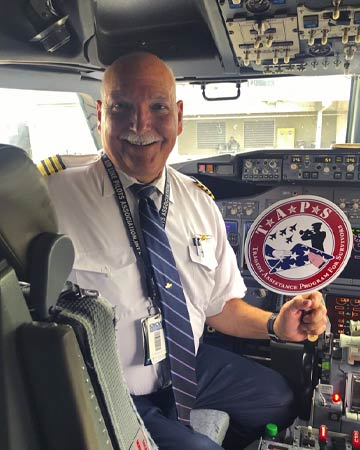
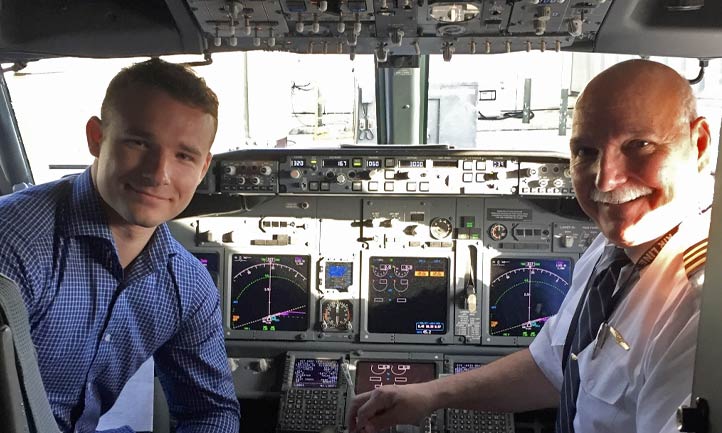
TAPS: What are three things you'd want people to know about Chris?
Matt Daud: From the time he was born through his early years, Chris had the most amazing smile that was continuously on his face. He expressed the joy of being alive. This is also manifested in his alertness. He was no limp baby just lying there, he was always scanning his environment, curious and happy to see everything around him. I always had him facing forward when I was holding him. So I had him sitting upright in my hand and he was always facing out in the world. He was always looking ahead.
Later on as a young man, Chris was considerate and mindful of others. Any time leaving a place where a lollipop was given out, like at a doctors or something, he would always politely ask for a second lollipop for his older sister, Katie.
When he was at a McDonalds or at a big play area with slides and ball pits, Chris was always looking out for the other kids, kids who were unsure of themselves, shy, or younger than him. He knew they were separated from their families and sometimes he could sense their anxiety, so he’d take care of them. He’d make sure they got down the slide okay and were reunited with their families.
Thirdly, Chris placed a very high premium on family, friends, and loyalty, and those are qualities that would eventually cause him to enlist in the United States Marine Corps. He would never abandon his family for the sake of hanging out with friends, but he would support his friends, even in times of crisis. If one of them contacted him in distress, he would immediately go to their aid, even if that meant leaving a party. He would go to wherever they were to support them, encourage them, and take care of them. That was a quality of Christopher Daud.
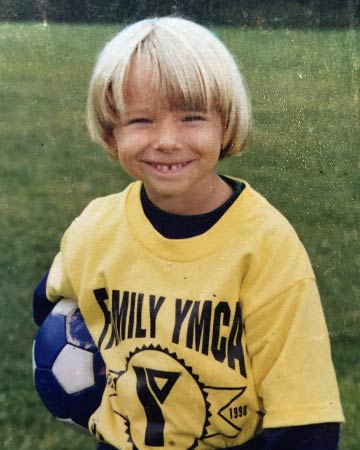

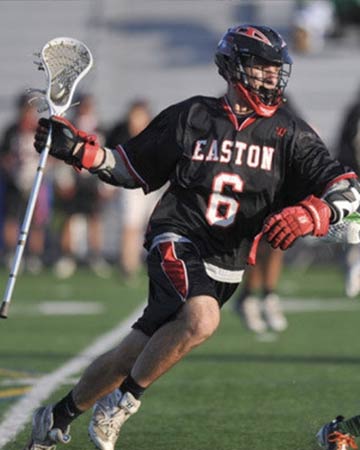
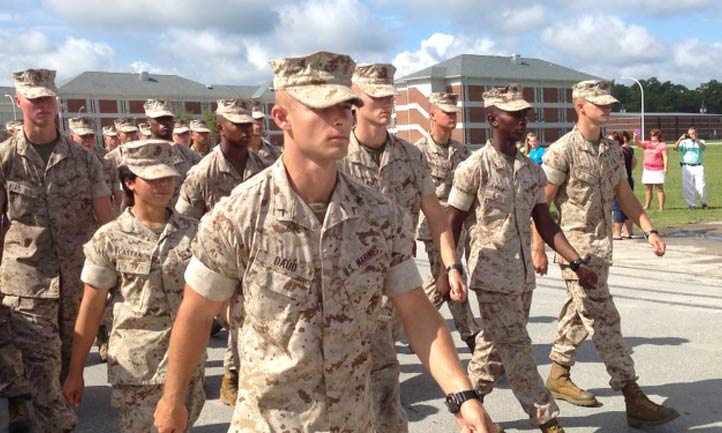

What Matt discovered on his grief journey
TAPS: What gives you hope?
Matt Daud: What gives me hope? Paradoxically, that Christopher's death will bring life to some and comfort to others, by sharing the dash, the story of Christopher's life, knowing his behaviors and the values he had can be of value to others. That his desire that we be kind to each other and that we practice decency as the norm would be understood. People observing how he lived his life, that gives me hope.
"I discovered through research, thinking, searching, pondering, talking, sharing, that there's no rulebook for grief... Grief is hard work, but with that hard work there can be hope and healing."
TAPS: What have you learned throughout your grief journey?
Matt Daud: Because Christopher died, and I learned this because of Christopher, there has been a significant transformation from the person I was to the person I am today. I have learned empathy when I only knew sympathy. My constant judgment of others, whether I knew them or not, has evaporated. I have learned that much of what I knew, and this may apply to other people as well, was influenced by sources that wanted my attention. Not to educate me in a positive way but to serve some kind of agenda on their part–one that had very little benefit to me or my understanding of humanity. I've learned, after the death of my son, the feeling that I’d never emerge from utter darkness and despair of grief can slowly, incrementally, and possibly transform into hope and healing.
TAPS: What surprised you the most about grief?
Matt Daud: What surprised me the most about grief was no single thing. I was told early on by a professional about my current stage of grief and I was confused, there's stages? I must be doing it wrong because I was bouncing around the five stages of grief that I was told about, and I was even enduring more emotions. This just added to my misery: how can I properly grieve if I don't know how to do it? How can I expect a swift conclusion to my grief if I'm not doing it in the way it's supposed to be done? How will others view me? I discovered through research, thinking, searching, pondering, talking, sharing, that there's no rulebook for grief. There's no linear program that must be followed with the result of emerging triumphant at the end to get completely over my despair and grief.
There was no finding just the right word or paragraph that would magically make it all better. Watching comedy shows or funny movies did not erase the bitter loss of the one I loved the most. The "just getting over it" or "time to move on” that's expected of all of us. Grief is hard work, but with that hard work there can be hope and healing.
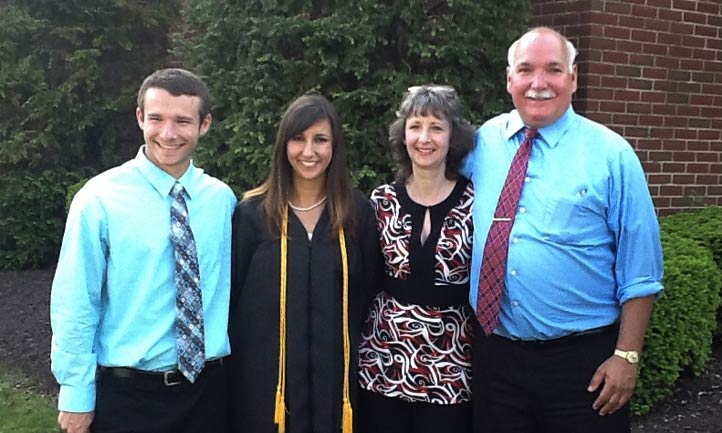
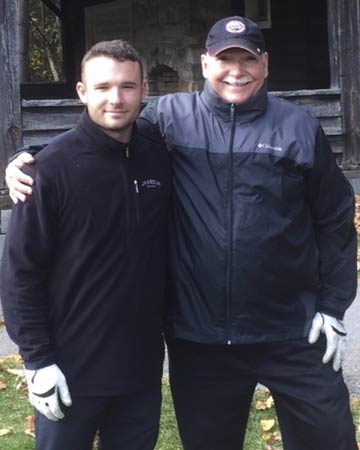
Matt Daud is the surviving father of USMC Cpl Christopher Daud
Photos courtesy of Matt Daud
